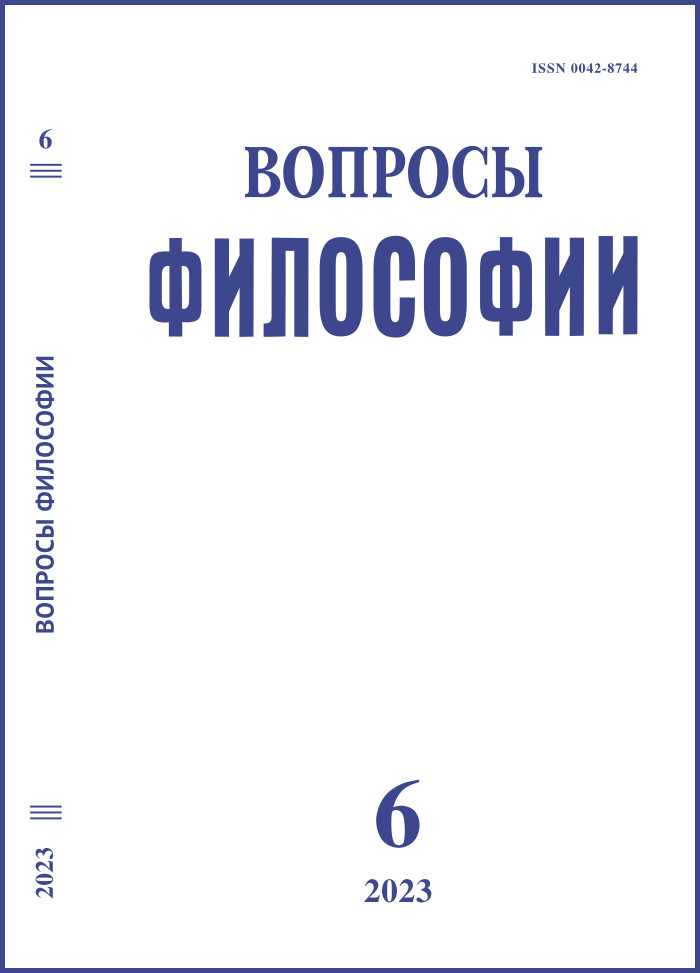The Question Answered: What is Kant’s “Critical Philosophy”?
DOI:
https://doi.org/10.21146/0042-8744-2023-6-176-193Keywords:
philosophical method, Kant, judgment, rational justification, fallibilism, Kant’s Critical system of philosophyAbstract
This paper answers the question, what is Kant’s ‘Critical Philosophy’? The answer is not provided by a bibliography of Kant’s main works, nor by his transcendental idealism. The answer consists in Kant’s critique of our human capacity to judge and of those rational principles by which we can properly judge matters accurately and cogently. To show this, three key features of Kant’s critique of rational judgment are examined: five constitutive characteristics of our human capacity to judge (§2), two basic theses of Kant’s Critical philosophy (§3) and a table of basic systematic questions and their Critical answers (§4). This conspectus is philosophically significant because it clearly identifies Kant’s Critical method and its key considerations, which continue to be widely neglected when considering philosophical method (§5). Key findings of this paper include: Kant’s comprehensive critique of rational judgment and justification suffices to justify his rejection of transcendent metaphysics and the sole innate right to freedom, without appeal to his transcendental idealism or to his account of ‘dignity’ as the incommensurable value of rational agency; Kant’s thesis of singular cognitive reference (specified herein) suffices to reject infallibilism and to justify fallibilism regarding our rational justification of both empirical and moral judgments.

